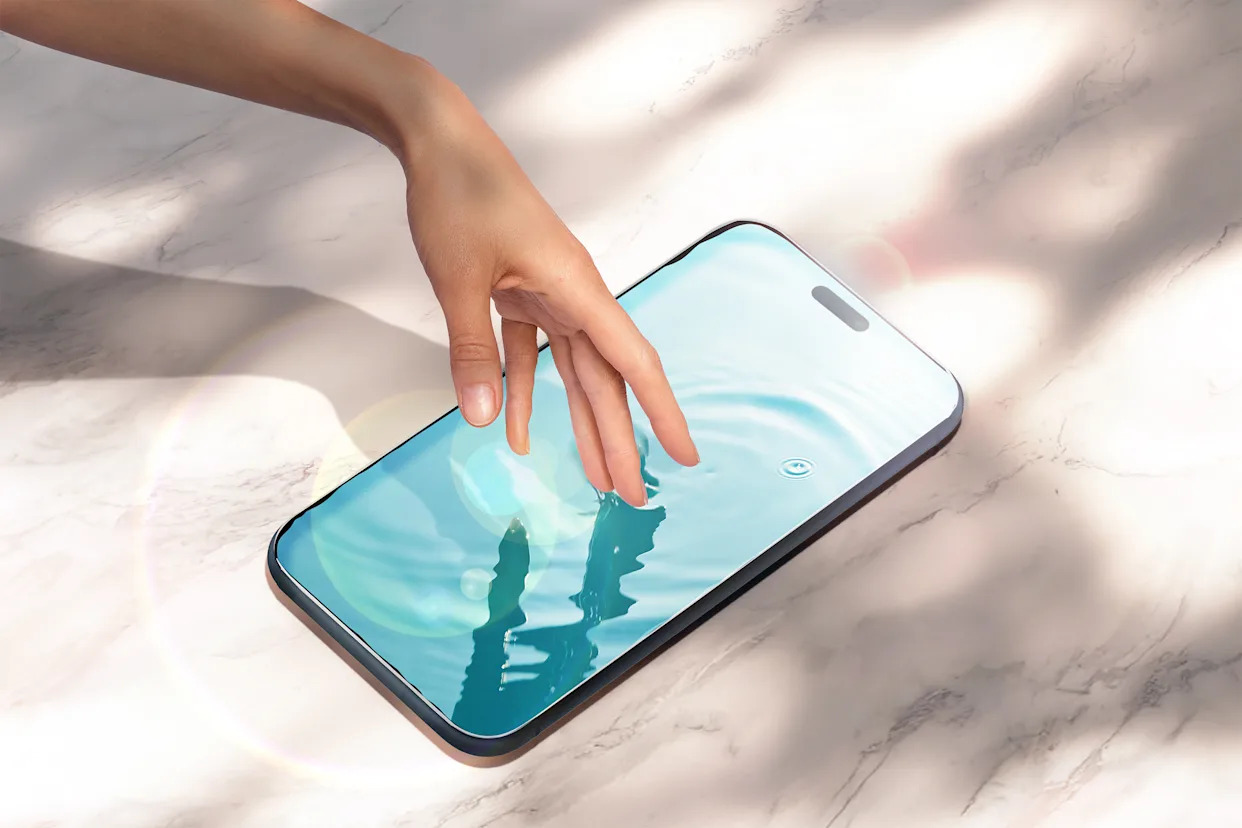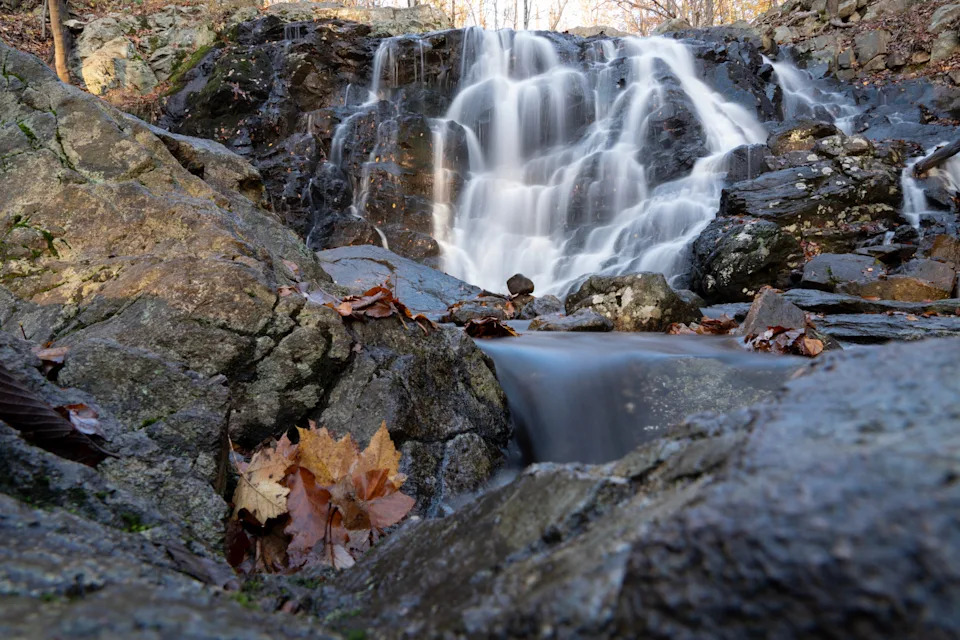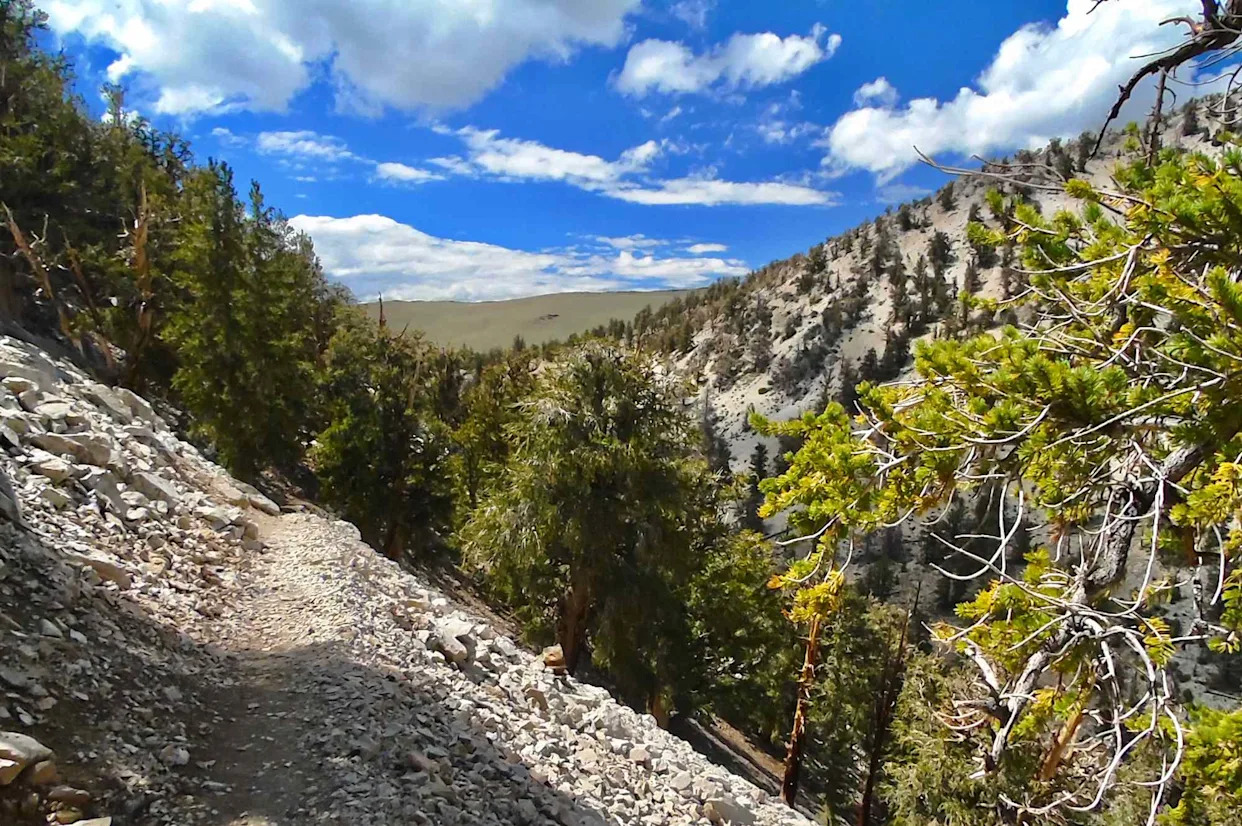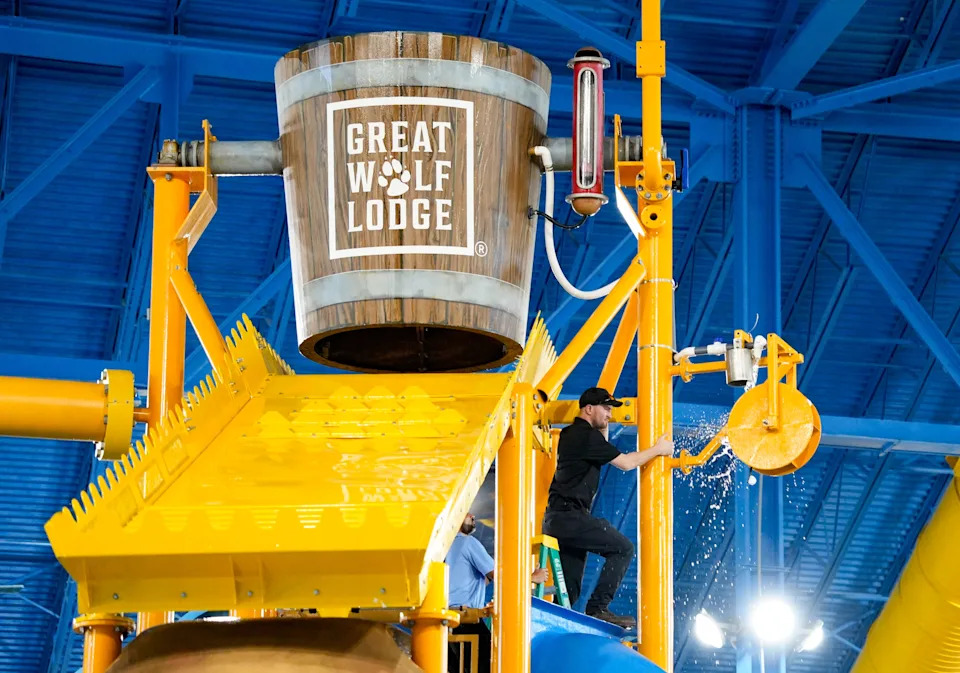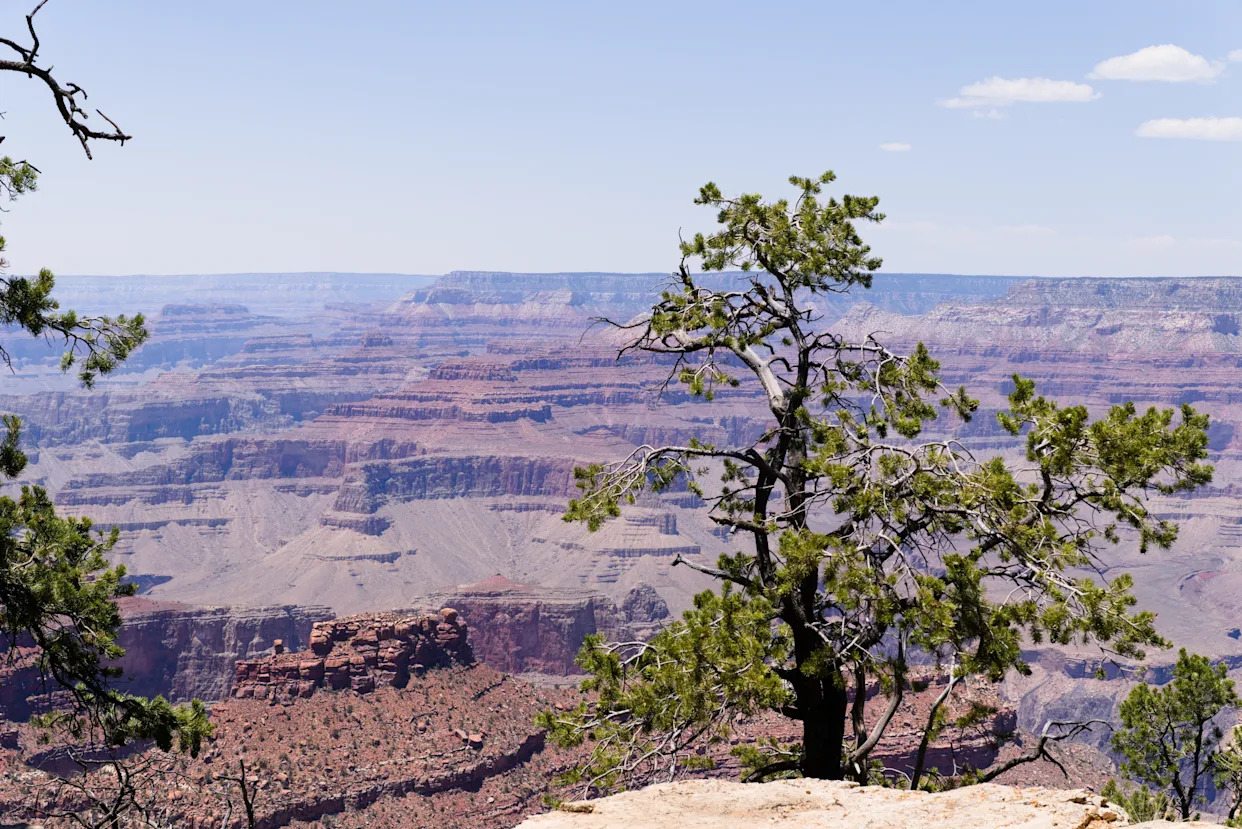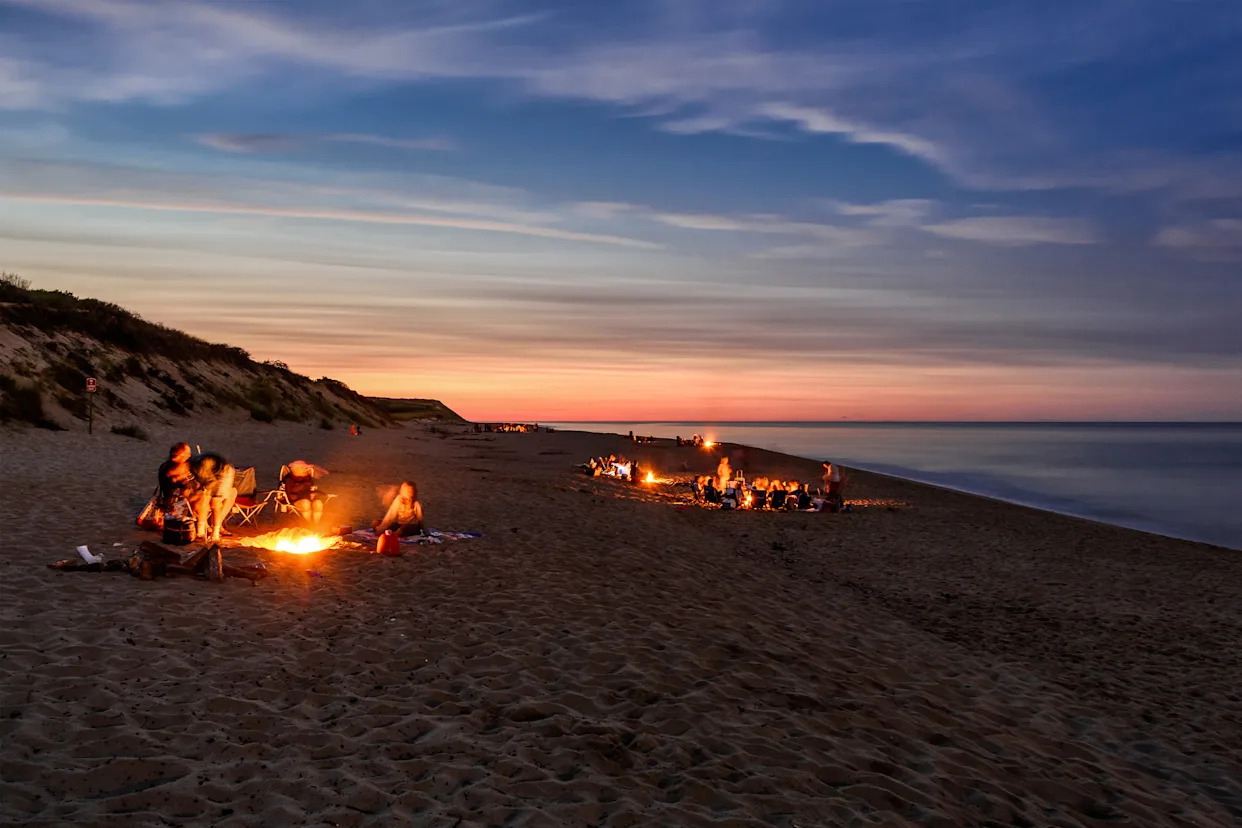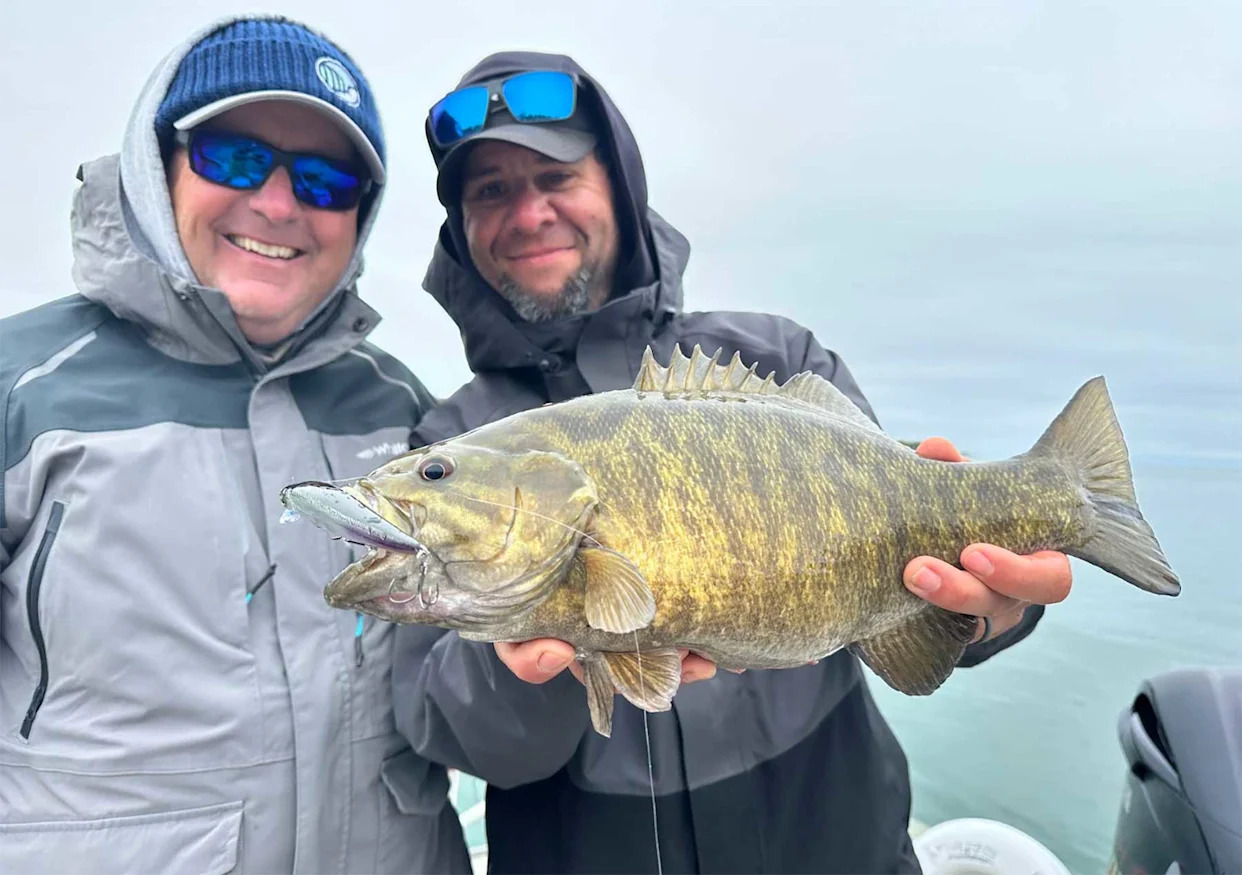
I have been lucky enough to fish with some incredible guides and charter captains across the U.S. and abroad. It stands to reason, then, that I receive emails and messages from readers and podcast listeners all the time looking for guide recommendations. I help whenever I can, but while I’ve fished in a lot of places, there are a lot more where I haven’t. And when that’s the case, the next question is, “Then what’s the best way to figure out who I should book?” That answer, however, depends on many factors and always requires a lot more questions.
What it really boils down to is what you want to get out of the day. And, if you say a bunch of fish is top priority, you could be setting yourself up for a bad trip.
With the rising cost of fuel, tackle, and pretty much everything else associated with a day of guided fishing, booking a trip isn’t cheap anymore. In fact, depending on what you’re doing, it can be so expensive that it’s a really big deal to treat yourself to that charter trip or guided day on the river once a year. Everyone, of course, wants to feel like they got their money’s worth, and if you put some forethought in before blindly booking a guide, there’s a much better chance you’ll feel like your cash was well spent.
AdvertisementAdvertisement#«R24e4kr8lb2m7nfddbH1» iframe AdvertisementAdvertisement#«R44e4kr8lb2m7nfddbH1» iframeSo, here are some tips, tricks, frequently asked questions, and advice on booking a fishing trip with a professional. And remember, this is a two-way street: You often play an important role in the success (or failure) of the trip.
How Do I Find a Guide?
In our technologically-advanced world, booking a fishing guide is no more complicated than buying movie tickets or reserving a rental car online. Websites like Fishingbooker.com have made the process akin to online shopping — pick a date, search anywhere in the country, pick a guide, add your trip to your cart. Done. No doubt, this is a fine tool if you’re visiting an unfamiliar area and don’t know someone who’s chartered there to give you a recommendation. Just like Amazon, these sites also post reviews. If you use one, my advice is to read those user reviews very carefully.
In my opinion, online booking platforms are a blessing and a curse. Yes, they make the process simple and streamlined, but they also allow anyone with a captain’s license to list themselves for hire. In decades past, there were a lot fewer fishing guides. Nowadays the market is flooded with them. If a captain is legally able to take paying clients out, they can list themselves as a guide, but what you — the paying customer — won’t always know is how often that captain actually fishes or how experienced they are at coaching people who may not be skilled anglers. There is, after all, a big difference between fishing experience and guiding experience. Just because someone has a captain’s or guide’s license doesn’t mean they’re a ringer.
I’m not suggesting you don’t use these online booking sites, but I am telling you to be aware that you might be hiring someone much less dialed than the veteran guides in the area, who usually book their prime season dates far in advance.
AdvertisementAdvertisement#«R2ae4kr8lb2m7nfddbH1» iframe AdvertisementAdvertisement#«R4ae4kr8lb2m7nfddbH1» iframeNothing beats a recommendation from someone you trust, but if that’s not an option, call local tackle shops. In my experience, shops don’t want to be associated with bad guides, because that has the potential to tarnish their reputations too. As for doing social media research on Facebook and Instagram, that’s not a bad idea. But pay attention to how frequently someone posts. Are they giving daily reports? Are there long gaps between posts during peak season? Fish pictures are great, but those don’t tell you much about the guide or captain.
Honesty Is the Best Policy
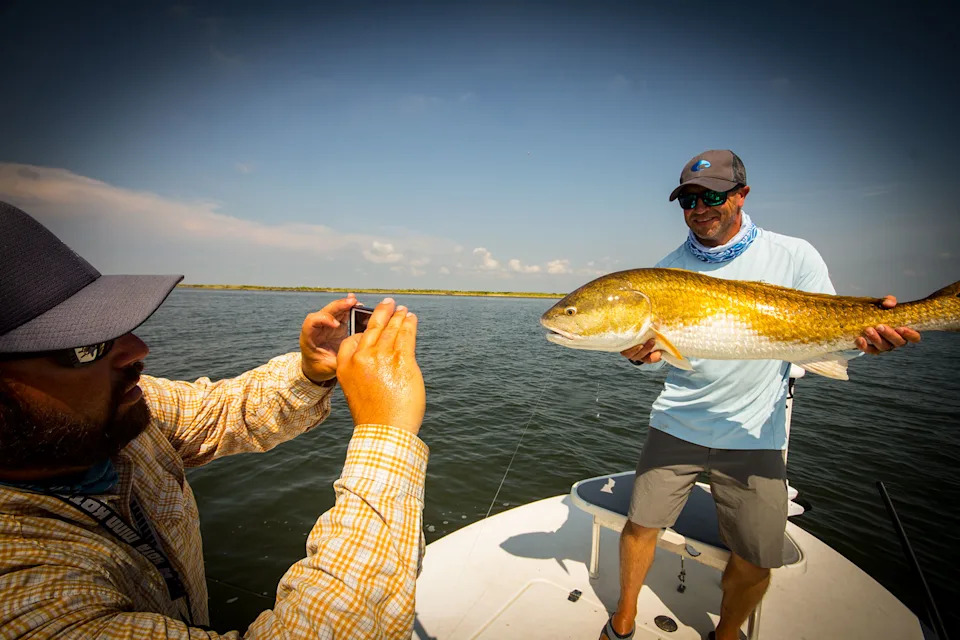 You’ll remember the fun of the trip long after the bite is over. Photo by Tony Hansen
You’ll remember the fun of the trip long after the bite is over. Photo by Tony HansenIf you do, in fact, drop a guide trip in your online cart and forget about it until the morning of, you could be setting yourself up for disaster. It’s critical that there be some early communication between you and the guide. Maybe you truly do not care about his program or tactics, but serious anglers usually do. If you booked, say, a redfish charter and want to catch them on lures or flies only, your guide needs to know that ahead of time. If you’re okay catching fewer fish because you want to catch them a certain way, that needs to be talked over, too. Otherwise, you can end up in a situation (and I’ve seen it a lot) where clients expect to do one thing, the captain isn’t aware of their expectations, and he or she plans an entirely different approach that doesn’t excite the clients.
Talk through everything early. Are you bringing kids? Are you up for “whatever” or do you really only want to target trophy fish? Most critically, however, is being 100 percent honest about your skills. If you’re not a very good fly caster, don’t tell that guide that you are. If you’ve never targeted the species you’re chasing, say so. Nothing makes a trip turn south faster than feigning experience or skill, and captains and guides often take the blame when it’s not their fault you failed. If I’m fishing with someone I know isn’t a great caster, I’m going to plan our day around that knowledge. I’m going to pick spots where precision casts aren’t required. I’m going to choose lures that are easier to work. Nothing is worse for a guide than putting a client in an advanced situation that they can’t handle.
Communication is key because the best guides are also good teachers. If a guide balks when you say you’re not super-skilled in his arena, that’s a red flag. A huge part of a guide or captain’s job is educating you during your time with him, but he must know what he’s working with ahead of time. If you’re clear and honest about your skills and expectations, it’s far more likely your day will be enjoyable regardless of what you catch.
More Than Just Fish
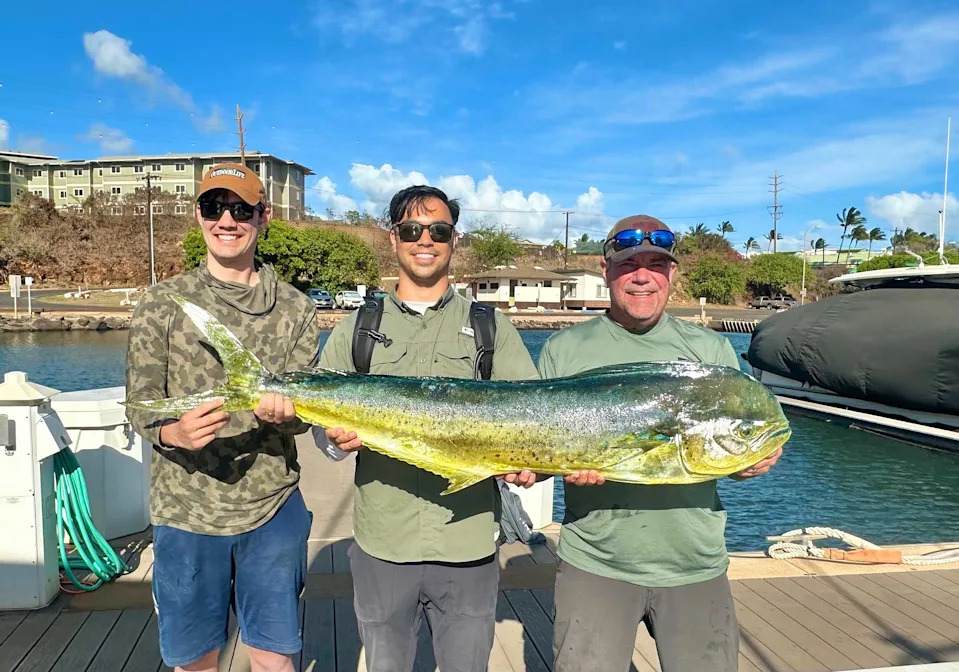 OL editor Alex Robinson (left) with his brother and dad after a successful charter trip in Hawaii. Photo by Alex Robinson
OL editor Alex Robinson (left) with his brother and dad after a successful charter trip in Hawaii. Photo by Alex RobinsonSo, let’s get back to the idea that the main goal of a charter trip is to land loads of fish. Of course it is, but once you understand that a guide’s role encompasses more than just getting you tight, the overall value of a paid charter comes into focus.
AdvertisementAdvertisement#«R2ke4kr8lb2m7nfddbH1» iframe AdvertisementAdvertisement#«R4ke4kr8lb2m7nfddbH1» iframeFor me, fish are always a bonus, because there will always be multiple factors a guide cannot control. Weather, cold fronts, wind, dirty water, and so on can throw a monkey wrench into that perfect charter day you had in your head. A guide can show you a hundred times how to properly work a lure or set the hook, but if you choose not to listen and keep missing bites, that’s on you, not him.
Whenever I fish with a professional, I’m monitoring four things: Attitude, drive, education, and (last and kind of least) fish. The best guides I know are cool, calm, collected, and upbeat all day. Beware of those that start complaining about weather or tides or yesterday’s charter right out of the gate.
The conditions might be terrible, but a professional guide will stay positive and not start handing out excuses before the fishing ever starts. I watch how hard the guide works, especially when conditions are a little tough. Did we park it in one spot all day and hope for the best, or did the guide go out of his way to make something happen by moving and straying from his normal program? I’m always looking for a new nugget of wisdom, a trick or tip I can take home and use on my waters even if it’s not working for one reason or another today. And finally, I consider the fish — not how many we caught, but if the guide put us on them or did his best to find them. Ultimately that’s his job, but he can’t always make them chew.
Tipping Point
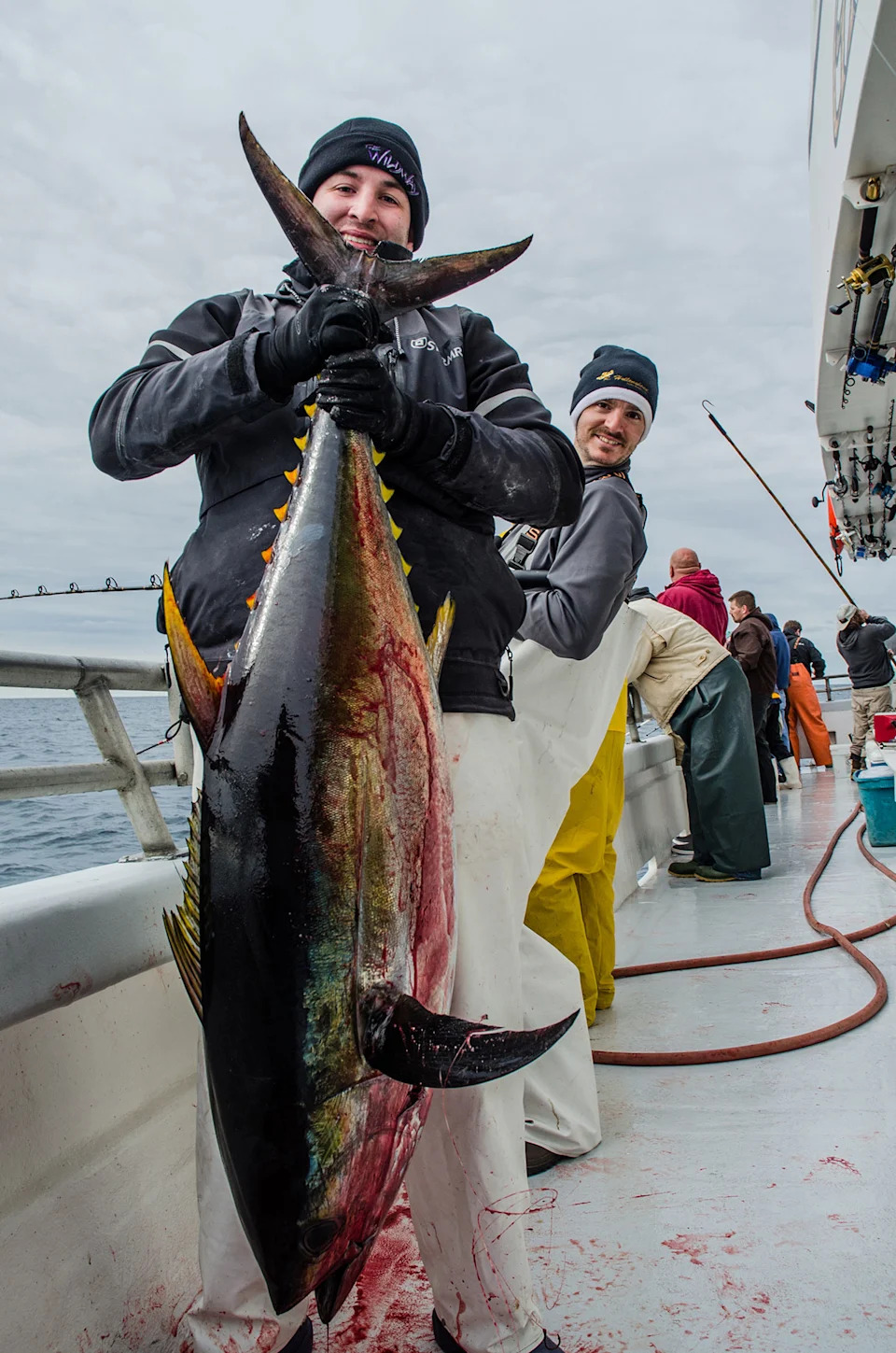 A party boat is the cheapest way to put wild tuna in the cooler. Photo by Jimmy Fee
A party boat is the cheapest way to put wild tuna in the cooler. Photo by Jimmy FeeTipping a guide or captain often creates anxiety. I know because I hear from people all the time asking if they should tip, when they should tip, and how much. For many folks, tipping on top of an already pricey charter hurts, and when you consider that 20 percent of the charter fee is the baseline norm, that tip can be expensive.
AdvertisementAdvertisement#«R2se4kr8lb2m7nfddbH1» iframe AdvertisementAdvertisement#«R4se4kr8lb2m7nfddbH1» iframeThat percentage, of course, is never guaranteed, and this is what trips people up. Tips in the charter and guide game must be earned, and when it comes time to fork over the money, how much you give should be based on your experience with that guide — by which I mean your overall experience, not just how many fish wound up in the box or net.
If you heed my advice and rate your trip based on the attitude and drive of your guide, plus what you learned and lastly what you caught, it’s not difficult to determine if a tip was earned — and how much. I have over-tipped many times after extremely slow days because I recognized that my guide pulled out every stop to turn things around.
Read Next: The Cheapest Way to Catch Tuna
On the other hand, I have shorted captains on drop-and-reel days because his attitude or report with me and the crew made the day less enjoyable. And if you find yourself in a situation where you do not feel the captain or guide deserves 20 percent or any tip at all, do not feel guilty about that decision. You know why? Because you’re likely never booking with them again.
It’s the guy that you felt great about tipping big that you will hire over and over. Be warned though: If you stiff a guide on a tip that didn’t deserve to be stiffed, he won’t ever forget it. Almost every guide and captain I know has a running list of clients that routinely shortchange them, and while those clients may not realize it, that guide might not always be available when they want to fish or he might not run those extra 10 miles to get on a better bite the next time they come out.




